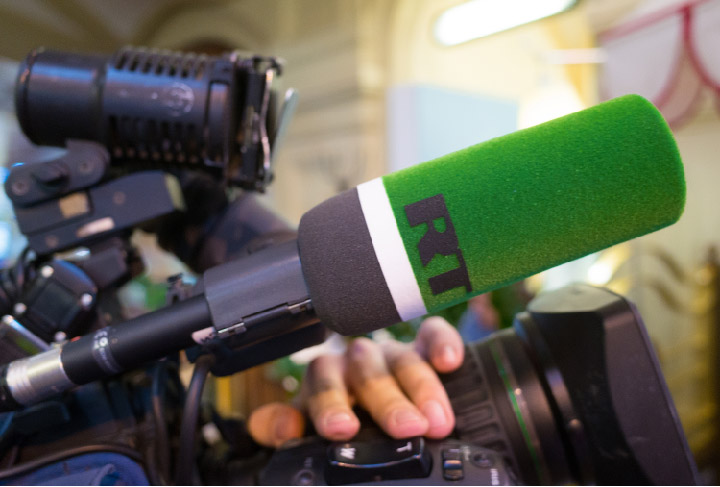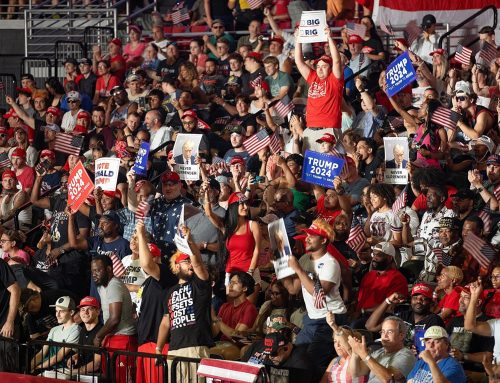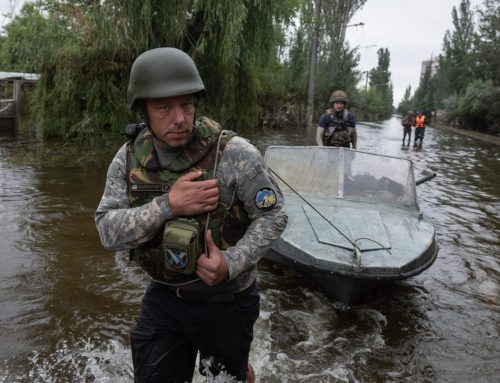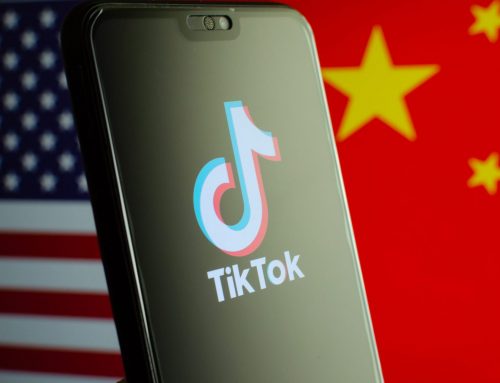Last week, Russian state media devoted substantial coverage to the U.S. elections. During election week (prior to the presidential race being called for Biden), the outlets continued to showcase various themes characteristic of their coverage of the broader election cycle, including allegations of mainstream media bias and social media censorship; amplification of claims of voter fraud, other irregularities, and general unfairness in the election; actual or potential violence; and the idea that U.S.-style democracy is nothing to aspire to. Characteristically, Ruptly, RT’s online video service, provided near-constant live streams of protests/celebrations across the country, often highlighting more extreme elements within those gatherings. Finally, as an example of how in-touch with U.S. discourse Russian state media can be, RT also posted a round-up of memes related to the slower pace of vote counting in Nevada. Chinese state media outlets provided far less coverage of the U.S. elections than most other outlets worldwide. Only one of the ten most-shared Chinese state media stories on Facebook last week was related to the election, and that one dealt with U.S. political rhetoric towards China. As with Russian state media, however, Chinese state media also highlighted sporadic instances of violence across the United States, framing it as evidence of “post-election chaos.” Uncharacteristically, Iranian state media and government accounts produced a significant amount of coverage of the U.S. elections, playing up dysfunction in the U.S. electoral process and casting President Trump as despotic and isolated. In particular, the Supreme Leader of Iran took several shots at the democratic process, calling it a “spectacle” and “the ugly face of liberal democracy.” Outside of election-related coverage, Russian state media and diplomats primarily provided strictly factual coverage of and responses to the November 3 terrorist attack in Vienna, Austria, with Russian officials expressing condolences; however, a couple of RT op-eds were critical of Europe’s policies toward Muslims and the Middle East. Similarly, Chinese diplomats and state media extensively covered the terrorist attacks, with messages about the need for global solidarity in the face of global terrorism that implicitly and explicitly connected the attacks in Europe to CCP policies in Xinjiang. Finally, Chinese diplomats and state media took aim at Australia last week, blaming the Australian government for China’s decision to ban various Australian imports and for the general decline in Chinese-Australian relations.
The views expressed in GMF publications and commentary are the views of the author alone.








